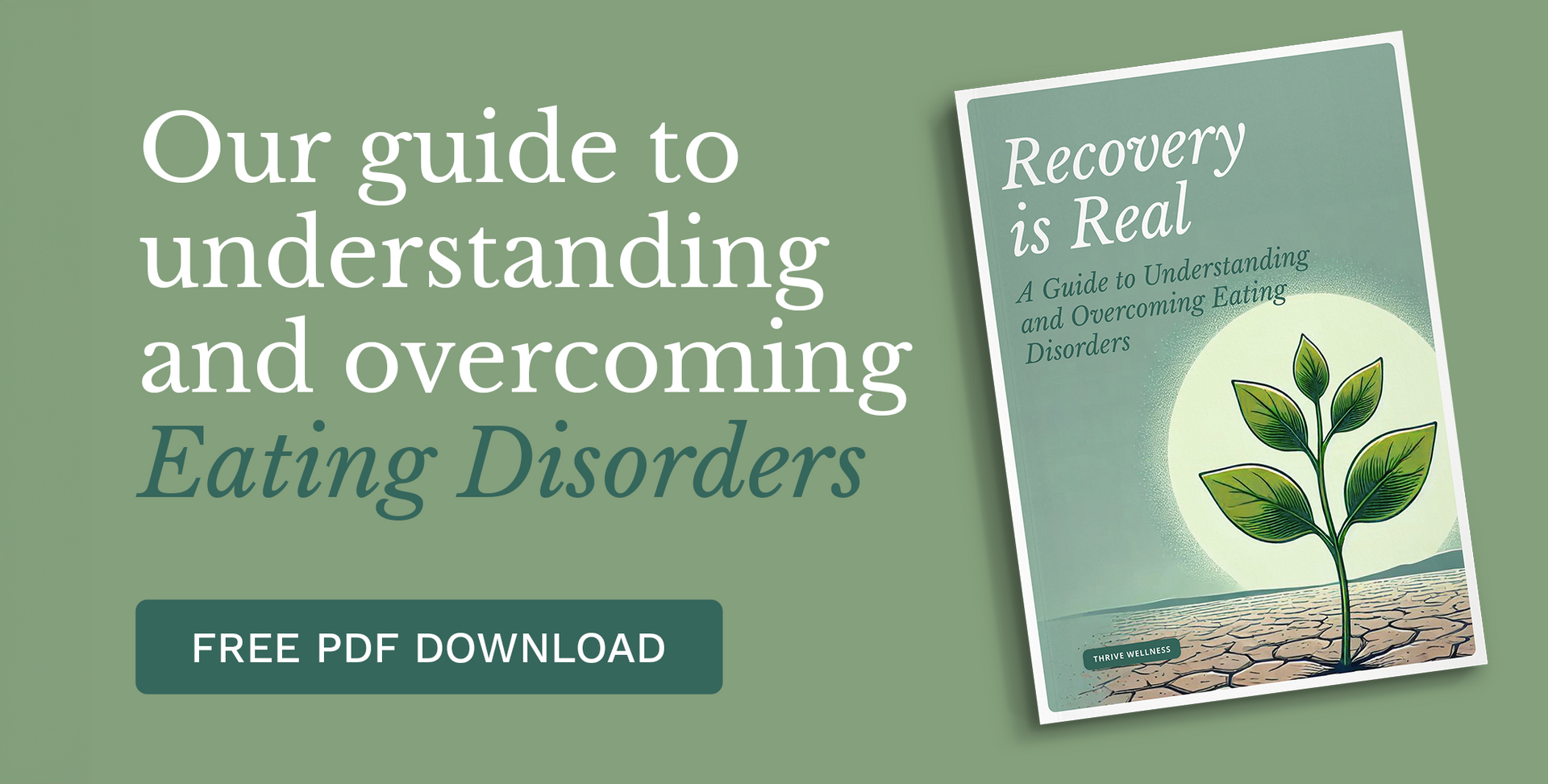Eating Disorders in Men: Prevalence, Harmful Stigmas, and Recovery

All statistics have been sourced from the National Eating Disorder Association (NEDA) unless otherwise indicated.
Breaking the Silence on Men and Eating Disorders
Eating disorders are often wrongly associated only with women, but the reality is that eating disorders in men are both prevalent and serious. Around 1 in 3 individuals with an eating disorder is male. This widespread misconception often leads to underdiagnosis and inadequate treatment for men suffering from conditions like anorexia nervosa, avoidant/restrictive food intake disorder (ARFID), binge eating disorder (BED), bulimia nervosa, and orthorexia.
The Prevalence and Impact of Eating Disorders Among Men
Men are nearly as likely as women to engage in disordered eating behaviors, such as restricting food, binge eating, purging, and laxative abuse. Unfortunately, these behaviors in men are often subclinical, meaning they may not yet be severe enough to require clinical intervention but can still cause significant harm to one’s health. Early recognition of these behaviors is crucial for preventing more severe health complications.
Common Eating Disorders in Men
Anorexia Nervosa
Characterized by extreme calorie restriction, anorexia affects approximately 25% of men who suffer from this disorder. Men are often diagnosed in the later stages, leading to a higher mortality risk.
Avoidant/Restrictive Food Intake Disorder (ARFID)
ARFID is marked by the avoidance of certain foods based on sensory characteristics, like texture or color, or due to fear of adverse consequences like choking or vomiting. Men and younger individuals, especially children and adolescents, are more likely to be affected by ARFID.
Binge Eating Disorder (BED)
BED is the most common eating disorder among men, with 2% of men affected. It involves episodes of uncontrolled eating followed by intense feelings of shame.
Bulimia Nervosa
Involving cycles of binge eating followed by purging, bulimia nervosa affects 0.5% of men. This disorder can lead to severe physical health issues if untreated.
Orthorexia
Although not officially recognized as a clinical diagnosis, orthorexia refers to an unhealthy obsession with eating “pure” or “clean” foods. It's becoming more commonly identified in men, particularly those seeking extreme health through diet.
Diabulimia
While not an official medical diagnosis,
diabulimia is widely recognized by providers as a way to describe when individuals with insulin-dependent diabetes engage in disordered eating behaviors, including binge eating and compensatory behaviors to “offset” their food consumption.
Several factors contribute to the development of eating disorders in men:
Body Image and Societal Pressures
Societal pressures to look a certain way may also cause individuals to engage in disordered eating behaviors. Additionally, those who struggle with body dysmorphia, a condition that causes individuals to misperceive the way their bodies appear, may seek to change their bodies through disordered eating behaviors.
Athletic Performance
Men involved in sports that emphasize weight and appearance, like wrestling or bodybuilding, are at a higher risk. Approximately 33% of male athletes in these sports are affected.
Trauma
Emotional pain from traumatic experiences can lead individuals to cope through unhealthy behaviors, including disordered eating. Trauma is a significant contributing factor to the development of eating disorders as it often drives individuals towards behaviors that help them manage their emotional pain.
Culturally Endorsed Disordered Eating
Diet culture and societal norms can promote disordered eating behaviors as a "normal" way to achieve health or ideal body standards. This culturally endorsed disordered eating is particularly harmful, as it often goes unrecognized and unchallenged, leading many to develop full-blown eating disorders.
Co-occurring Mental Health Issues
Conditions like depression (affecting 6% of men) and anxiety (affecting 8% of men) often occur alongside eating disorders. The relationship between these conditions and disordered eating is complex and can lead to self-destructive behaviors.
Stigma and Misconceptions: The Silent Suffering of Men with Eating Disorders
The stigma surrounding eating disorders in men is a major barrier to seeking help. Cultural narratives that portray eating disorders as a "female issue" discourage men from acknowledging their struggles. Additionally, the societal norm that discourages men from expressing vulnerability makes it even harder for them to reach out for support.
The Importance of Early Diagnosis and Integrated Treatment
Men are more likely to seek help for eating disorders later in life, leading to higher rates of severe health consequences. However, recovery is possible with early diagnosis and a multidisciplinary approach to treatment. Integrated care that addresses both physical and mental health is crucial for long-term recovery.
Multidisciplinary Eating Disorder Treatment for Men at Thrive Wellness
At Thrive Wellness, our team of psychiatrists, therapists, registered dietitians, and primary care providers work together to create personalized treatment plans for men. Our goal is to help you heal from the inside out, rebuilding your relationship with food and your body for a healthier, more fulfilling life.









